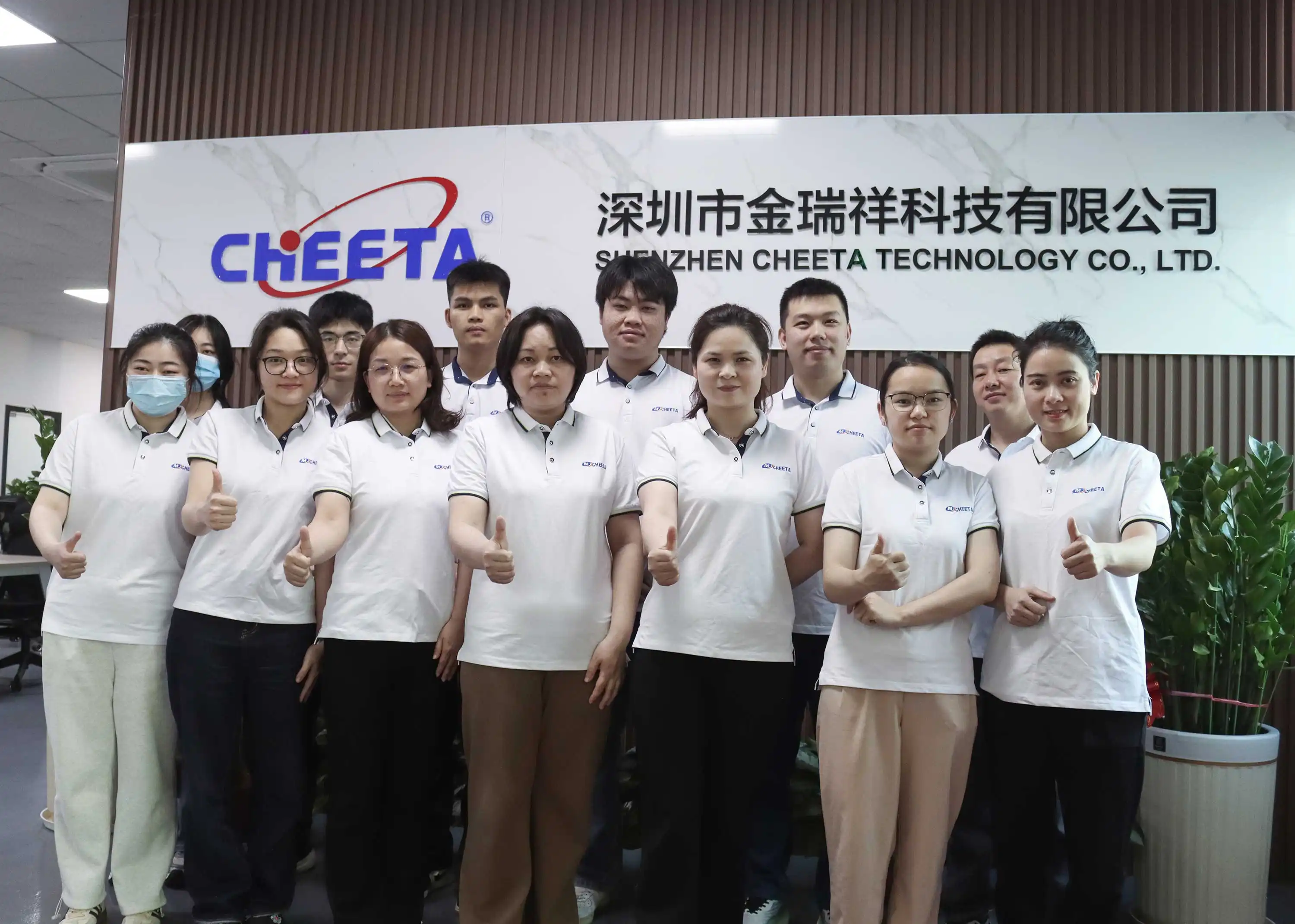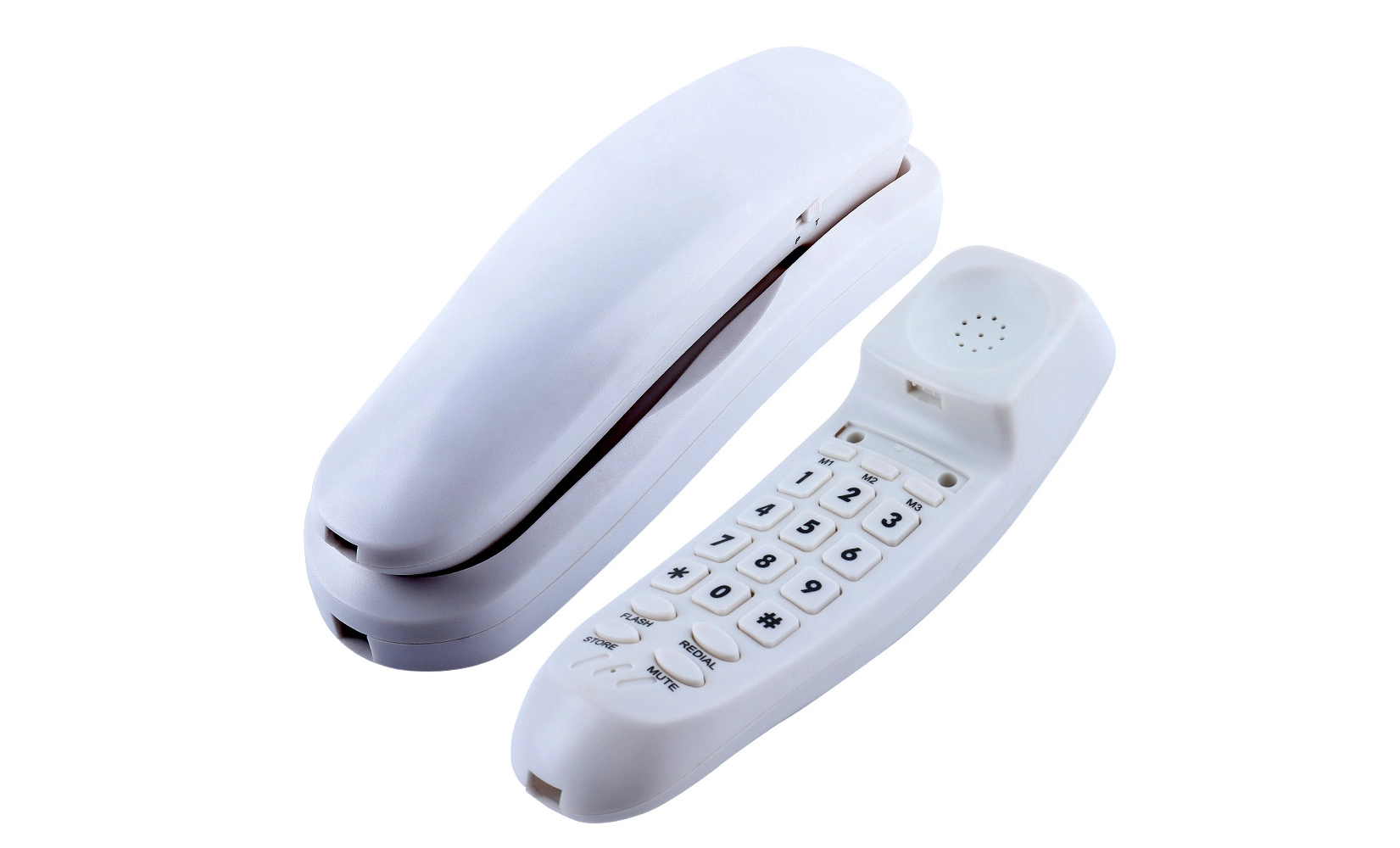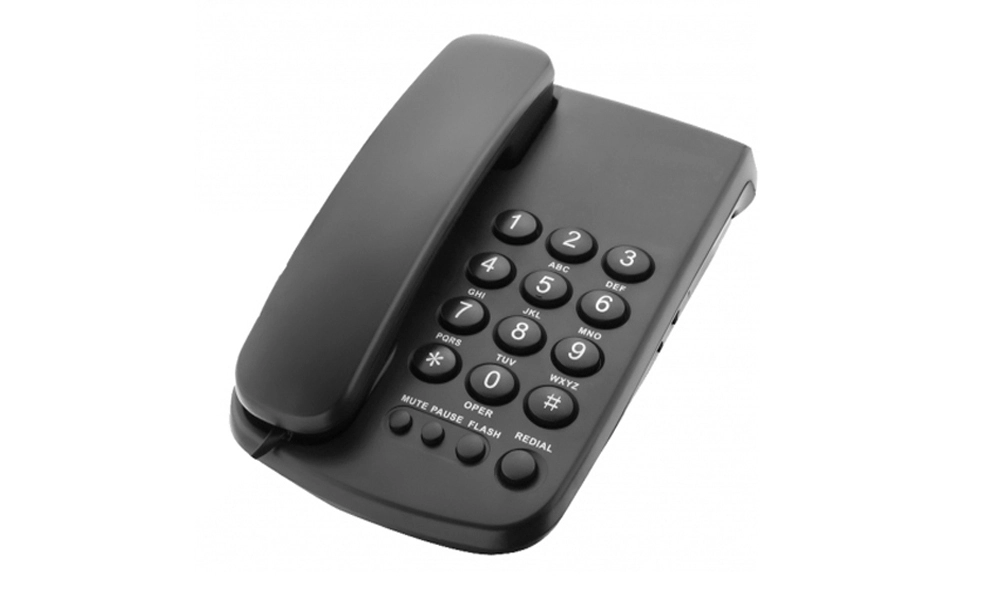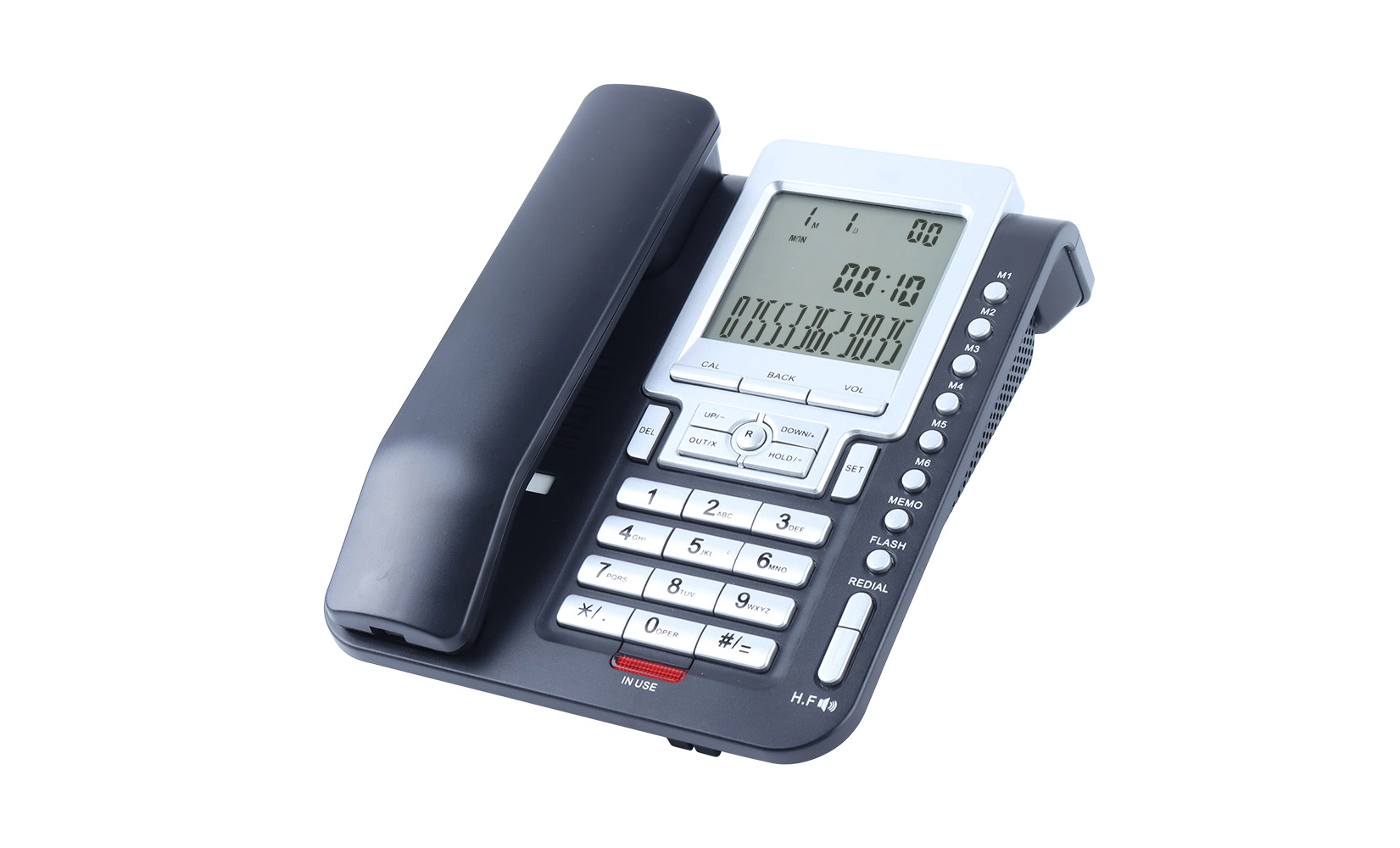Essential Features of Modern Business Telephone Systems
Advanced Call Management
Modern business telephone systems boast sophisticated call management features that significantly improve communication efficiency. Auto-attendants greet callers and direct them to the appropriate department or individual, reducing the workload on receptionists. Call routing algorithms ensure that incoming calls reach the right person or team, minimizing wait times and enhancing customer satisfaction. Moreover, intelligent call queuing systems manage high call volumes effectively, providing callers with estimated wait times and callback options.
Unified Communications Integration
Business telephone solutions now seamlessly integrate with unified communications platforms, fostering a cohesive communication ecosystem. This integration enables employees to transition effortlessly between voice calls, video conferencing, instant messaging, and file sharing. Presence indicators allow colleagues to see each other's availability status in real-time, facilitating more efficient collaboration. Additionally, these integrated systems often support mobile applications, enabling remote workers to stay connected and productive from anywhere.
Enhanced Audio Quality and Clarity
High-definition voice technology has revolutionized the audio quality of business telephone calls. Advanced noise cancellation algorithms filter out background disturbances, ensuring crystal-clear conversations even in busy office environments. Wideband audio codecs expand the frequency range of transmitted sound, resulting in more natural-sounding voices and improved comprehension. Some cutting-edge systems also incorporate acoustic echo cancellation, eliminating the annoying echo effect that can occur during calls.
Innovative Security and Compliance Features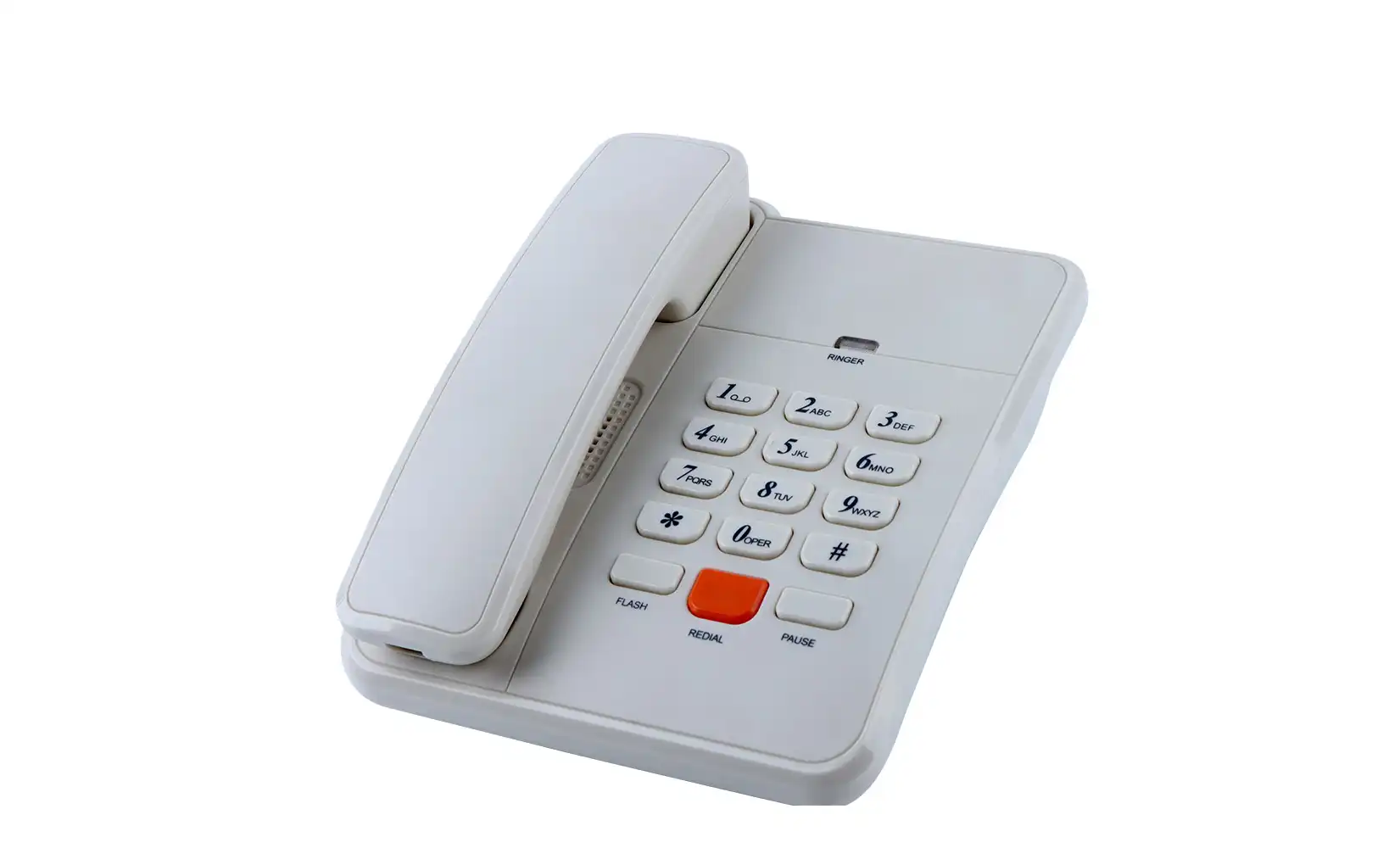
Robust Encryption Protocols
Security is a top priority for business telephone systems, especially given the sensitive nature of many corporate conversations. State-of-the-art encryption protocols safeguard voice communications from eavesdropping and interception. End-to-end encryption ensures that calls remain private from the moment they leave the sender's device until they reach the recipient. Additionally, secure voice gateways protect against unauthorized access attempts and potential cyber threats.
Call Recording and Compliance
Many industries require call recording for regulatory compliance or quality assurance purposes. Advanced business telephone systems offer flexible call recording options, allowing organizations to customize recording settings based on specific needs. These systems often include features like automatic start/stop recording, selective recording, and encryption of recorded files. Furthermore, integrated compliance management tools help businesses adhere to industry-specific regulations such as HIPAA, MiFID II, or PCI-DSS.
Multi-factor Authentication
To safeguard sensitive business communications from unauthorized access, modern telephone systems now integrate robust multi-factor authentication (MFA) mechanisms. These security measures may include biometric verification methods such as fingerprint or facial recognition, one-time passcodes (OTPs) sent directly to users’ mobile devices, or physical hardware tokens that generate secure access codes. By requiring multiple forms of verification, MFA significantly strengthens security, providing an essential layer of protection—especially for remote employees accessing corporate phone systems from diverse and potentially unsecured locations.
 Scalability and Future-proofing Considerations
Scalability and Future-proofing Considerations
Cloud-based Solutions
Cloud-based business telephone systems offer unparalleled scalability and flexibility. These solutions allow organizations to easily add or remove users, scale up during peak periods, and adapt to changing business needs without significant hardware investments. Cloud platforms also ensure automatic updates and feature enhancements, keeping the system current with the latest technological advancements. Additionally, cloud-based systems often provide better disaster recovery options and business continuity planning.
AI and Machine Learning Integration
Artificial Intelligence (AI) and Machine Learning (ML) are becoming essential components of modern business telephone systems, bringing transformative automation and enhanced decision-making capabilities. AI-powered virtual assistants are now capable of handling routine customer inquiries without human intervention, scheduling appointments seamlessly, and even transcribing conversations in real-time with high accuracy. Meanwhile, ML algorithms analyze vast amounts of call data and user behavior to continuously optimize call routing, ensuring calls reach the best-suited agent promptly. Additionally, ML can predict peak call times, enabling businesses to proactively allocate resources and staff, thus improving overall operational efficiency and customer satisfaction.
IoT Compatibility
With the rapid expansion of the Internet of Things (IoT), innovative business telephone systems are increasingly designed to be fully compatible with a broad array of connected devices. This integration enables smart office automation where telephone systems become intelligent hubs within the workspace ecosystem. For example, a conference room phone can automatically adjust environmental settings like lighting and temperature as soon as a call begins, creating an optimal atmosphere. It can also trigger real-time updates on digital signage based on the call's status, enhancing communication flow and creating a seamless, efficient, and interactive office environment that boosts productivity and user experience.
Conclusion
The landscape of business telephone solutions is rapidly evolving, with new features and capabilities emerging to meet the diverse needs of modern enterprises. From advanced call management and unified communications integration to robust security measures and future-ready scalability options, today's business telephone systems offer a wealth of features designed to enhance productivity, streamline operations, and foster effective communication. As organizations navigate the complexities of the digital age, investing in a comprehensive, feature-rich business telephone solution can provide a significant competitive advantage and lay the foundation for future growth and innovation.
Office desk phones built for global businesses | CHEETA
Shenzhen Cheeta Technology Co., Ltd. stands out as a premier analog telephone manufacturer with over 18 years of OEM/ODM expertise. Our state-of-the-art 1,200㎡ facility, staffed by 100+ skilled workers and 10 senior engineers, produces 1,000 high-quality analog units daily. CHEETA's products adhere to CE, RoHS, FCC, and UN38.3 standards, undergoing rigorous 11-step inspections to ensure reliability. We offer a diverse range of innovative phone solutions, including slimline units, compact corded handsets, and wall-mountable options, all designed to meet various business needs. Our commitment to continuous improvement and customer satisfaction sets us apart in the global market. For more information about our telephone products, please contact us at allen@cheeta.com.cn.
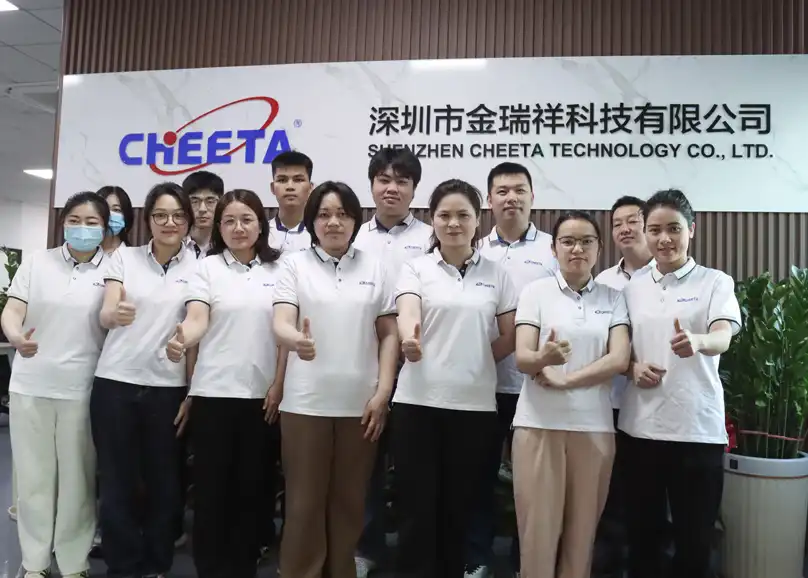
 In today's fast-paced business environment, effective communication remains paramount.
In today's fast-paced business environment, effective communication remains paramount. 
